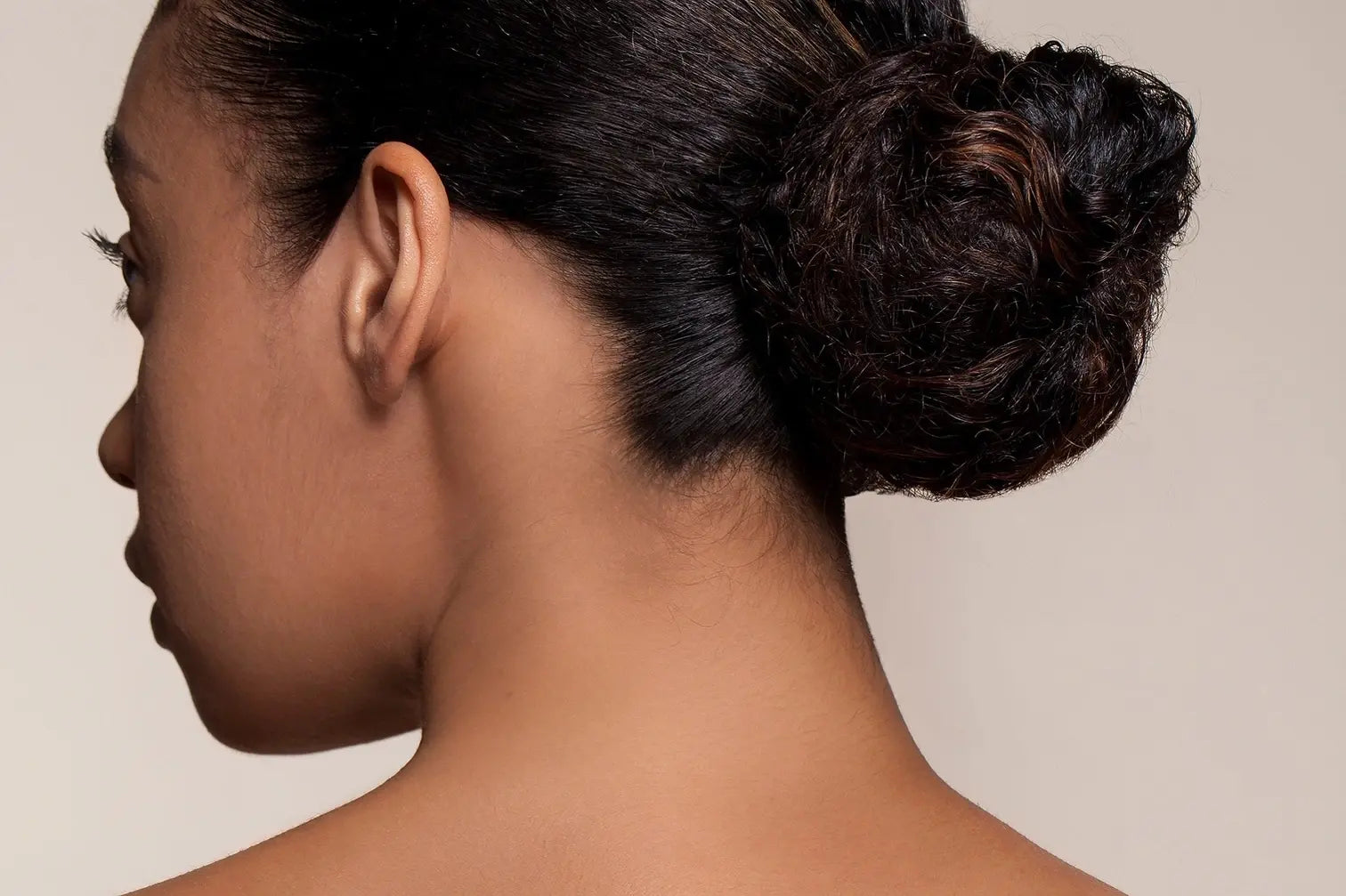How Can You Create an Effective Normal Skin Care Routine?
Creating an effective skin care routine for normal skin can be relatively simple, as normal skin doesn’t typically require as much specialized care as other skin types.

How Should You Determine Which Products to Incorporate Into Your Routine?
- Assess Your Skin: While you may have normal skin overall, your skin may still have special needs, which also may change depending on the climate, your environment, and other factors such as hormones. Whether it’s hydration, brightening, or exfoliation, you can incorporate certain products to address your skin’s specific needs.
- Identify Your Skincare Goals: In addition to considering your skin type, think about any specific goals you may have, such as reducing dark spots, fine lines, or acne.
- Pay Attention to Product Ingredients: Look for skin care products that contain high-quality, effective ingredients, such as antioxidants, peptides, and hyaluronic acid. Avoid any skin care product with harsh ingredients, such as alcohol, sulfates, or parabens, which can irritate the skin.
What Are the Most Important Products to Include in Your Normal Skin Health Routine?
-
Hyaluronic acid
: Hyaluronic acid is a humectant, making it an excellent ingredient for hydrating the skin. It helps draw moisture to the skin and lock it in, leaving it looking plump, smooth, and hydrated.2
-
Niacinamide
: Niacinamide is a form of vitamin B3 that can help to improve skin texture, reduce redness, and regulate oil production.3
-
Oleic Pau Mulato Extract
: Historically used as an ancient skin medication, Oleic Pau Mulato Extract heals skin injuries, reduces acne, and improves skin texture. A 2018 research study published in the journal Molecules found that the Oleic Pau Mulato Extract had an anti-inflammatory effect on skin cells and was able to improve resistance to stress.4
-
Pracaxi Oil
: This oil is known for its many properties, from hydration to wound healing. Pracaxi Oil also moisturizes, prevents infections, and reduces inflammation. In one study, surgical patients who used Pracaxi Oil experienced significantly improved scar tissue healing.5
What Are Products to Avoid When Creating Your Normal Skin Health Routine?
- Harsh Cleansers: Avoid cleansers that contain sulfates, fragrances, or other harsh ingredients, and opt for a gentle, non-foaming cleanser instead.
- Abrasive Exfoliants: A physical exfoliant like a rough scrub or brush may be too harsh for normal skin and cause irritation or redness if used too aggressively or too often.
- Fragranced Products: Avoid products that contain artificial fragrances. Opt for fragrance-free or naturally fragranced products instead.
How Should Your AM vs. PM Routines Compare?
OneSkin as Part of Your Skin Care Routine for Normal Skin
- PREP: When cleansing with PREP prior to using OS-01 FACE, lab studies indicate PREP can up to double the absorptions of the OS-01 peptide. (Shown in lab studies on human skin samples.)
- OS-01 EYE: Increases a key biomarker associated with collagen production (COL1A1) and reduces a key marker associated with collagen degradation (MMP1), as shown in lab studies on ex vivo human skin samples grown from human eyelid skin. This means OS-01 EYE could enable the skin around the eyes to maintain higher collagen levels on its own.
-
OS-01 FACE
: A 12-week clinical study performed by a third-party CRO found that OS-01 FACE improves skin barrier function by an average of +15%. 6 Apply OneSkin products before your SPF.
- Although normal skin is typically well-balanced on its own, it still requires a consistent and effective skincare routine to remain that way.
- Skin care products for normal skin should be gentle to avoid disrupting the skin’s natural balance.
- High-quality ingredients like niacinamide, hyaluronic acid, and peptides keep the skin barrier strong and moisturized without irritating or damaging normal skin.
- Avoid harsh ingredients like parabens, sulfates, and fragrances to prevent skin reactions and irritations.
- OneSkin products, including PREP, OS-01 EYE, and OS-01 FACE are made for all skin types, including normal skin.


